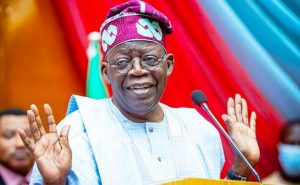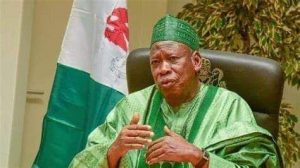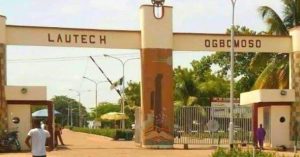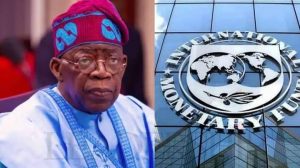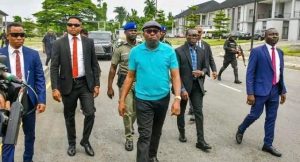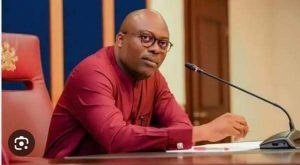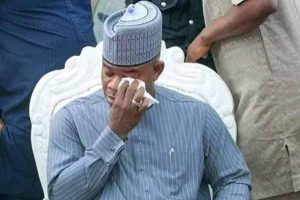Lawmakers Push for More Funds for Constituency Projects Despite Criticisms

Fresh controversy has erupted in Nigeria as lawmakers push for an increase in the budget allocated to Special Intervention Projects (SIP), commonly known as constituency projects. The proposal seeks to raise the current N100 billion yearly allocation to 20% of the national budget, aiming to “spread dividends of democracy to all federal constituencies in Nigeria.”
The move comes two decades after the National Assembly introduced constituency projects into the budget, with records showing over N2 trillion spent on these projects since 2003. However, some lawmakers argue that the current N100 billion allocation is inadequate for meaningful projects, given today’s realities.
Critics of the constituency projects point to their questionable impact, with former President Muhammadu Buhari noting in 2019 that little could be seen of the over a trillion naira budgeted for such projects in the last decade. Similarly, former President Olusegun Obasanjo labeled the projects as corruption, emphasizing their misuse.
Despite criticisms, lawmakers are advocating for more funding, arguing that the projects help “bring dividends of democracy to the doorsteps of our constituents.” They highlight challenges in project implementation and the need for increased funding, citing inflation trends in the country.
However, legal experts like Prof. Itse Sagay (SAN) criticize the projects as unconstitutional and illegal, arguing that they infringe on the executive’s sphere and serve as a means for lawmakers to access more funds. Sagay believes the projects should be scrapped entirely.
On the other hand, some stakeholders defend the projects, viewing them as essential for legislators to demonstrate their contributions to their constituencies. They argue that without these projects, lawmakers risk losing re-election, as constituents expect tangible developments.
The debate over constituency projects underscores broader issues of governance, accountability, and the proper roles of different arms of government. As the push for increased funding continues, questions remain about the effectiveness and transparency of these projects in delivering meaningful development to communities across Nigeria.
TheGuardian News


